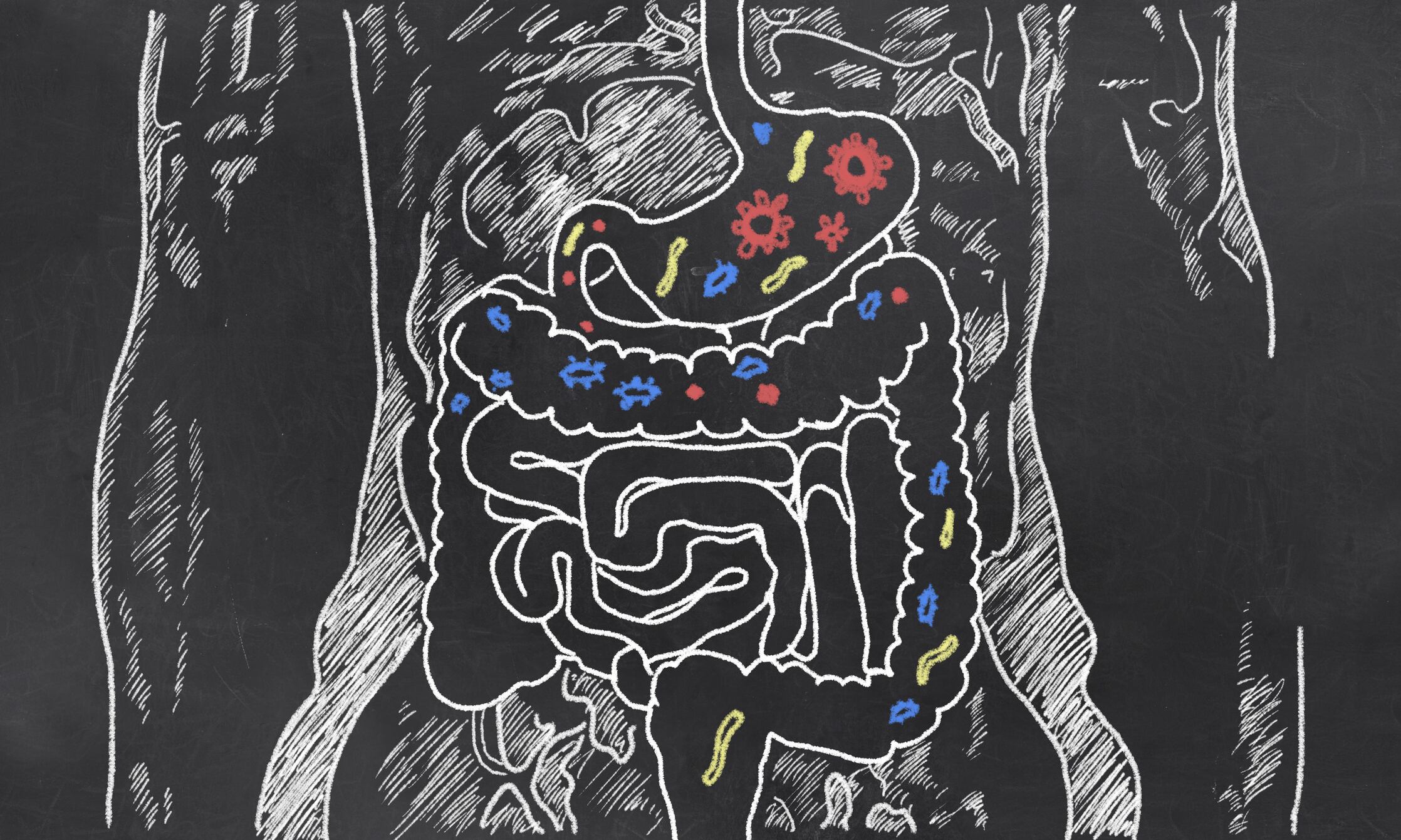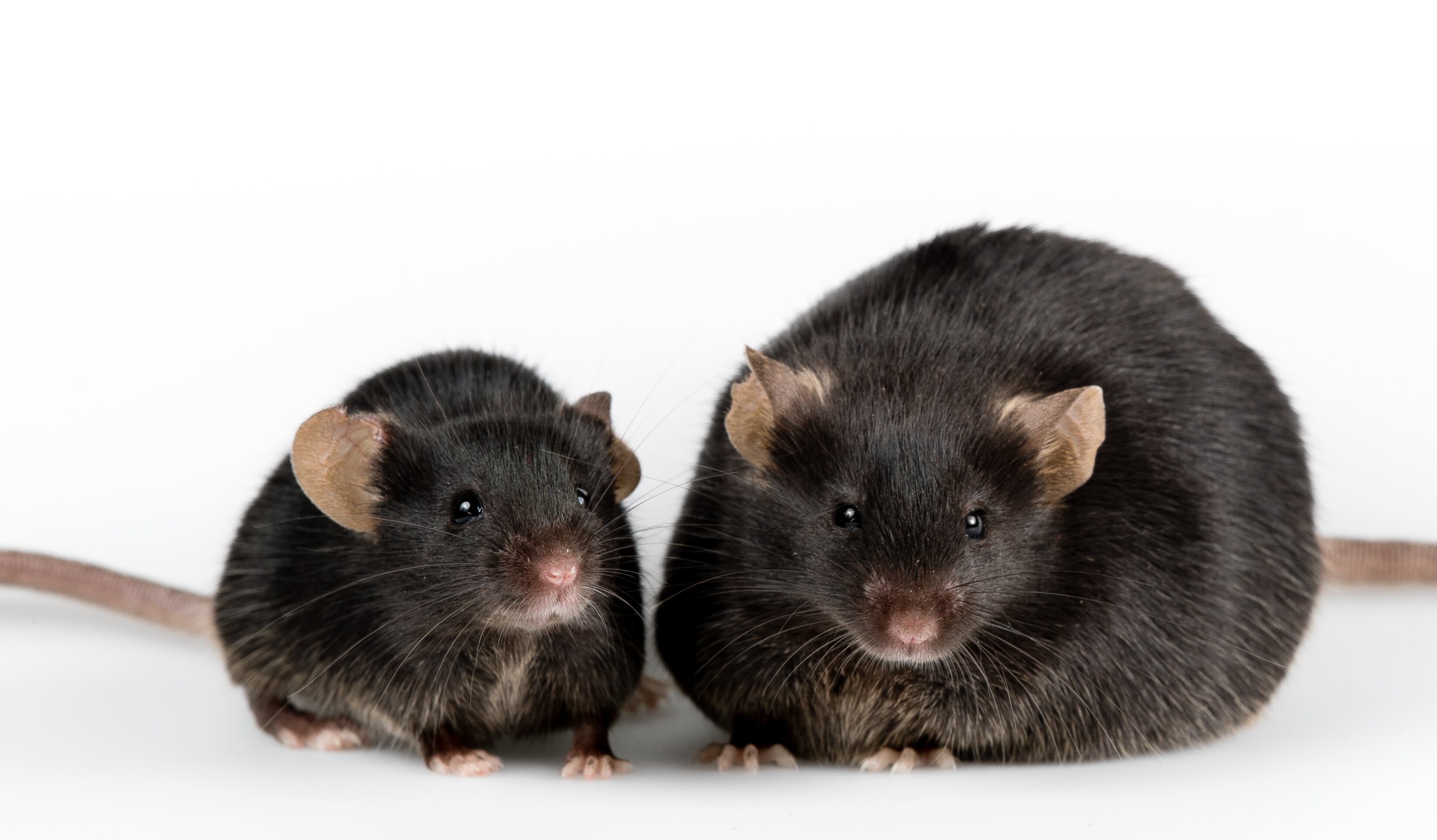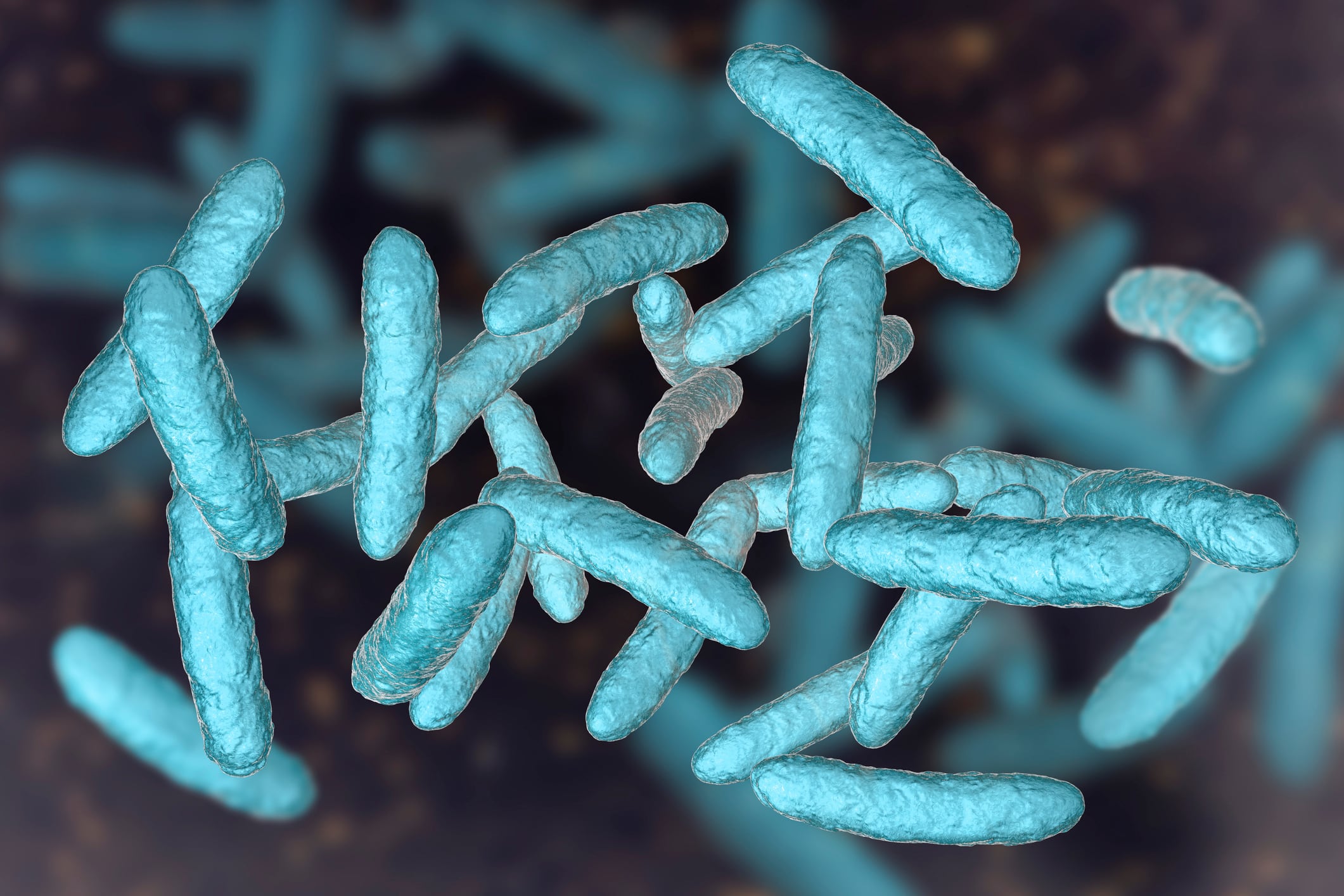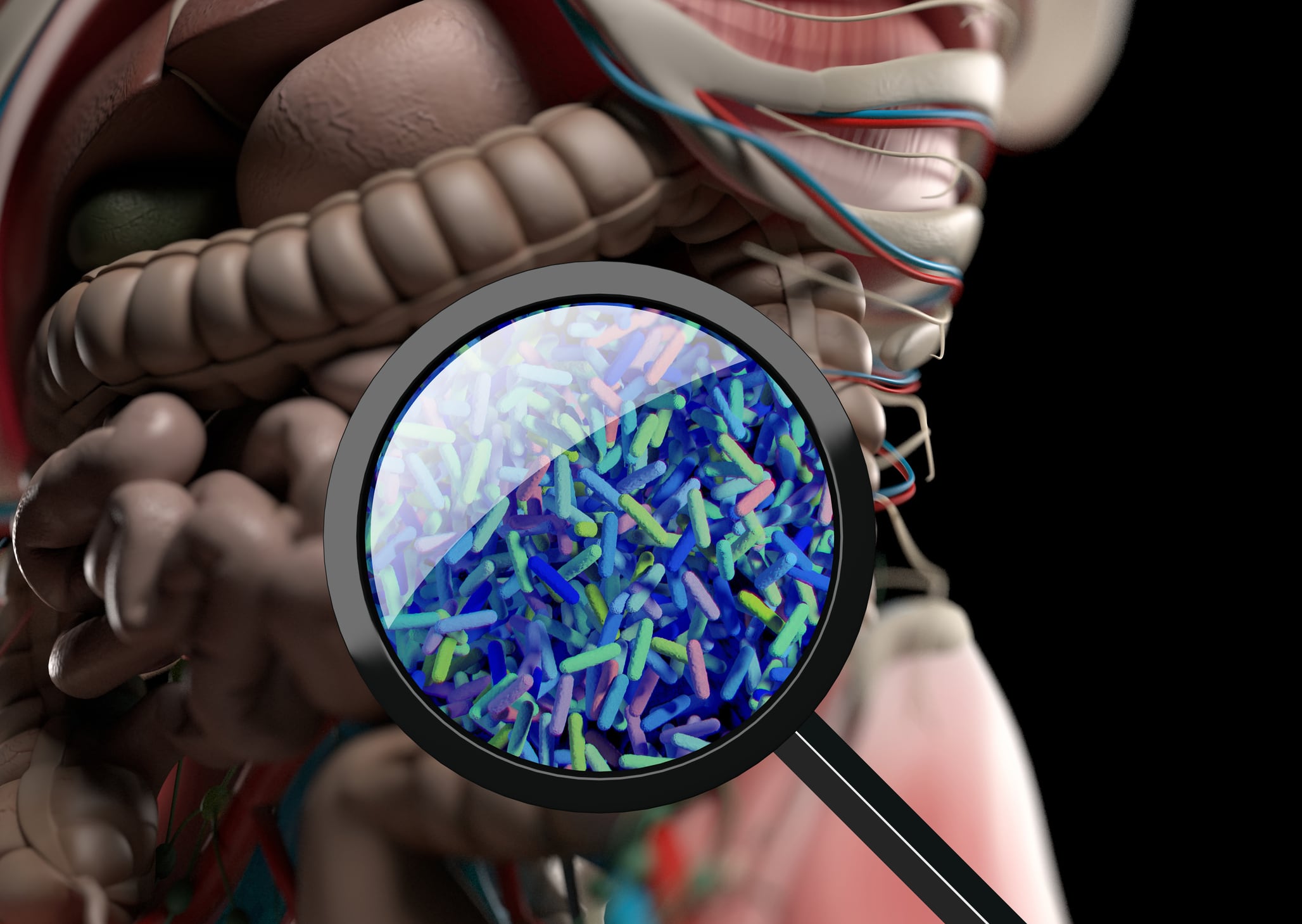Data published in Beneficial Microbes indicated that the combination of Limosilactobacillus fermentum* MG4231, MG4244 decreased weight gain in lab mice consuming a high-fat (Western) diet by almost 30%.
The strain combination was also associated with improvements in total and LDL cholesterol levels in the lab animals, reported scientists from Duksung Women’s University, Inje University, and Mediogen Co., Ltd. in South Korea.
“We found that the administration of the combination of MG4231 and MG4244 in HFD-fed obese C57BL/6J mice further reduced weight gain, fat accumulation, inflammation, and adipocyte expansion in the liver and adipose tissues compared to individual administration of the strains,” they wrote.
“Therefore, the combination of L. fermentum MG4231 and MG4244 may be a potential probiotic candidate for the prevention of obesity.”
* L. fermentum was formerly known as Lactobacillus fermentum. For more information on the taxonomic changes to the genus Lactobacillus, please click HERE.
Discovery

The link between the gut microbiota and obesity was first reported by Jeffrey Gordon and his group at Washington University in St. Louis, who found that microbial populations in the gut are different between obese and lean people, and that when the obese people lost weight their microflora reverted back to that observed in a lean person. This suggested that obesity has a microbial component (Nature, Vol. 444, pp. 1022-1023, 1027-1031).
A 2013 paper in Science (Vol. 341, Issue 6150), also led by Prof Gordon, found that transplanting gut bacteria from obese humans into germ-free mice leads to greater weight gain and fat accumulation than mice that were given bacteria from the guts of lean humans.
This has led many research groups to explore if probiotics may help manage weight. A probiotic is defined as a “live microorganisms which when administered in adequate amounts confer a health benefit on the host” – FAO/WHO.
Study details
The new study divided male lab mice into five groups: One control group consumed a normal diet; another control group consumed a high fat diet (HFD); the other three groups consumed the HFD with L. fermentum MG4231 alone, L. fermentum MG4244 alone, or a combination of MG4231 and MG4244. The probiotic was used at daily doses of 200 million CFU per mouse.
After eight weeks of intervention, the data indicated that, as expected, high fat diet consumption led to significant weight gain with the HFD only group (Group 2) gaining 19.6 grams, compared to only 5.2 grams in the normal diet group. Mice receiving the MG4244 strain and the combination of strains still gained weight, but significantly less than the high fat diet only group: The MG4244 group gained an average of 16.3 g, while the combination group gained an average of 14.2 g.
In addition, the weight of the liver increased in high fat group (Group 2), but this was “significantly lower” in the strain combination group, said the researchers. Epididymal adipose (white fat) tissue and subcutaneous adipose tissue increased 8- and 13-fold, respectively, in the HFD group compared to the normal diet-fed mice.
“On the other hand, these tissue weights were significantly decreased in all L. fermentum-treated groups. In particular, in the combination-treated group, epididymal and subcutaneous tissue weights were reduced by 22 and 58%, respectively,” reported the researchers.
The probiotic strains were also associated with improvements in glucose tolerance, total cholesterol and LDL-cholesterol levels, and leptin levels.
“The anti-obesity activity of the combination was found to modulate lipid metabolism and fat accumulation by upregulating the phosphorylation of the AMPK/ACC signaling pathway in the liver and adipose tissue,” explained the researchers. “AMPK plays a critical role in lipid homeostasis as a regulator of fat production and fatty acid oxidation in the adipose tissue, liver, and skeletal muscles through the modulation of transcription factors,” they added.
Translation to humans?
Translating the potential benefits to humans is clearly the next step. Earlier this year, scientists from APC Microbiome Ireland reported that the anti-obesity effects of Bifidobacterium longum APC1472, which were previously reported in lab animals, only partially translated to overweight/obese adults.
Writing in EBioMedicine, Dr Harriët Schellekens and her co-workers reported that mouse data indicated that supplementing a high-fat diet with B. longum APC1472 led to decreased bodyweight, less build-up of fat, and increased glucose tolerance, compared to control animals. However, when performed in humans, there was no significant impact associated with APC1472 on body mass index (BMI) or waist-to-hip (W/H) ratio. The Cork-based scientists did find that the probiotic improved blood sugar levels, and helped to normalize active ghrelin levels and the cortisol awakening response in overweight/obese adults.
Source: Beneficial Microbes
Published online ahead of print, doi: 10.3920/BM2020.0205
“Combination of Limosilactobacillus fermentum MG4231 and MG4244 attenuates lipid accumulation in high-fat diet-fed obese mice”
Authors: S.J. Kim et al.





